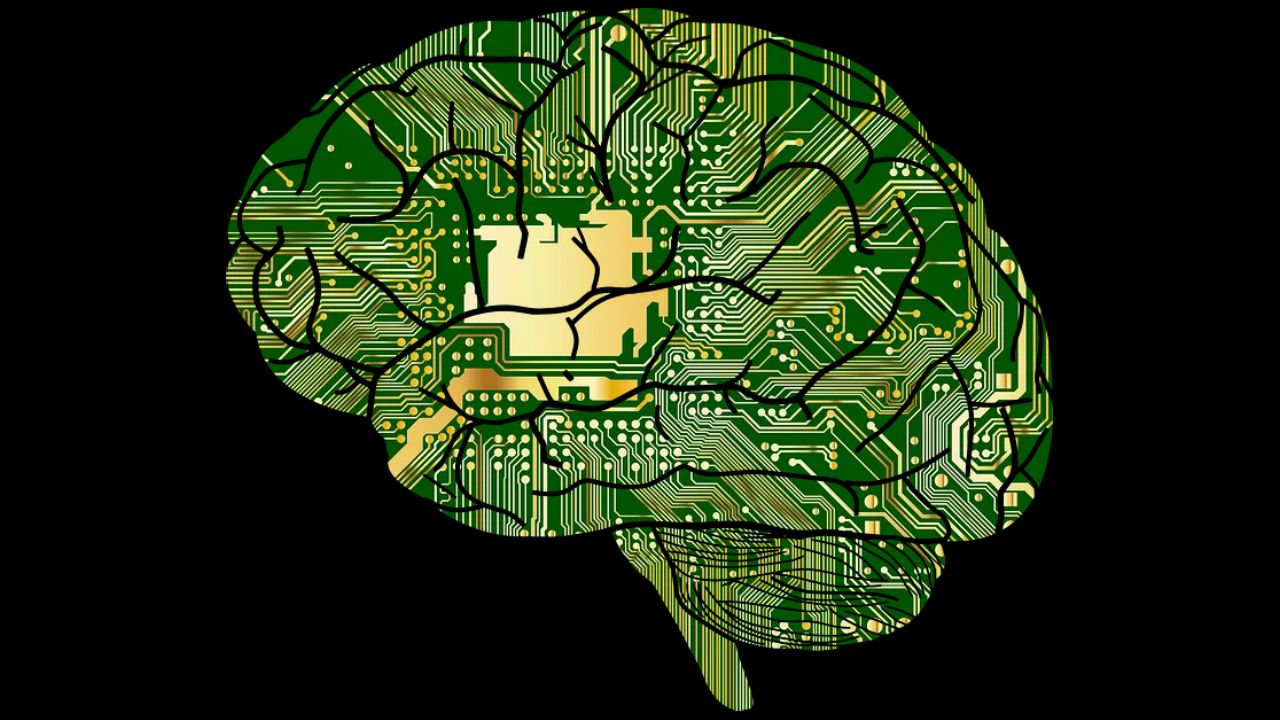Here’s Why Generative AI And Existing IP Laws Are Headed For Collision

Page Contents
The term artificial intelligence was coined in 1956 at a workshop organized by John McCarthy, Marvin Minsky, Claude Shannon, and Nathaniel Rochester at Dartmouth College. Earlier versions of AI technology were referred to as narrow or weak AI because of its capabilities, including organizing data, simple conversations in chatbots, machine translation fraud detection, etc.
Recent years have seen AI technology make huge strides and transform into what is now known as generator AI. Generative AI, with all its advanced capabilities, comes with challenges regarding existing IP laws, with all indicators showing that the two are headed for a collision. This guide highlights why generative and existing ip laws are on an imminent collision course.
Understanding Generative AI
As mentioned earlier, earlier versions of AI were limited to simple tasks. Generative AI is the more advanced version of AI whose capabilities include generating original text, picture, and video-based content.
AI does all this in a few seconds compared to the hours or days it will take humans to do the same task. The technology uses deep learning models to generate almost indistinguishable content from human-generated content.
Also, the technology gets better with use, raising fears that it may outsmart humans in many ways. While content generated through generative AI may still require some human input, only time will tell what the future holds on the AI front.
IP Laws and Generative AI
IP laws are a set of laws that guarantees a creator's ownership rights to their creations. Protections under IP laws include patents, trademarks, copyrights, industrial design, and trade secrets.
Typically IP rights to a creation belong to the creator unless they sell those rights or if they were an employee at the time of creating it. It is important to consider that the creator under IP laws is human since the idea that machines could create content was not envisioned in creating IP laws.
The question of who owns the rights arises since there is not much human input involved in generating the content. While most tools using generative AI don't make copyright claims over the produced content, the question of who owns the rights stays largely unanswered.
AI and IP Rights Infringement
AI relies on deep learning to generate its content. This means that the technology scans content already on the internet to create new content raising the question of the IP rights of the creators whose original works are scanned by the tools.
There have been several cases where generative AI tools have been accused of plagiarism. For example, ChatGpt was found to have copied Wikipedia articles without making proper attribution. In another case, Stylegan, an AI-powered image generator, was found to have copied other artists' styles without permission.
In both cases, the AI tools did not plagiarize intentionally; they relied on the large dataset of texts and images learned through deep learning and thus could not distinguish between original and copyrighted content.
This means if you're relying on generative AI to create content, you run the risk of intriguing the work of other creators, which could get you in legal trouble. If you have already made mistakes that got you in trouble, you can contact Heer Law which has some of the best intellectual property lawyers in Toronto, for legal advice and help to navigate your case.
Revision of Laws
While there has not been a major conflict regarding IP rights in relation to generative AI tools, there is still a need to revise laws to accommodate emerging trends. Some of the questions the revised laws should seek to answer include redefining creativity, originality, plagiarism, and AI content.
Also lawmakers may need to consider the ethical issues arising from using AI to give sensitive information that may not be authoritative and potentially harmful to users.

Sean Michael is a writer who focuses on innovation and how science and technology intersect with industry, technology Wordpress, VMware Salesforce, And Application tech. TechCrunch Europas shortlisted her for the best tech journalist award. She enjoys finding stories that open people's eyes. She graduated from the University of California.